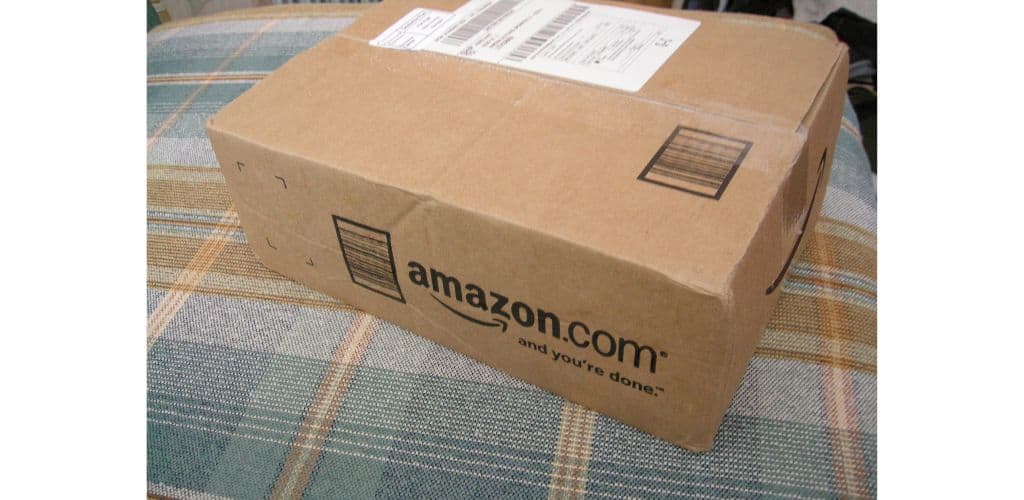Amazon’s Counterfeit Crimes Unit (CCU) has filed three lawsuits over false copyright infringement claims on the platform. The complaint for one of these actions is here.
As Amazon reported, “multiple bad actors” submitted thousands of false copyright infringement claims against Amazon sellers in an effort to have them and their products removed from the Amazon store.
According to one complaint,
Defendants improperly gained access to and used Amazon’s intellectual property-protection services and notice-and-takedown procedures to target and remove content from product listings in the Amazon Store, even though they had no ownership rights to the content at issue.
Title II of the DMCA, 17 U.S.C. § 512(c), provides a “notice-and-takedown” framework for rightsholders and online service providers such as Amazon for handling complaints of online copyright infringement based on user content.
The DMCA also provides a cause of action to any service provider injured due to knowing, material misrepresentations in a notification of allegedly infringing material:
Any person who knowingly materially misrepresents under this section . . . that material or activity is infringing . . . shall be liable for any damages, including costs and attorneys’ fees, incurred . . . by a service provider, who is injured by such misrepresentation, as the result of the service provider relying upon such misrepresentation in removing or disabling access to the material or activity claimed to be infringing . . . .
17 U.S.C. § 512(f).
The defendants allegedly deceived Amazon by creating fake websites with disposable domain names using copied images from existing Amazon product listings, and then submitted URLs of the fake websites as “proof” of ownership of the copyrighted works at issue.
According to Amazon,
Bad actors may use this tactic as a way of attacking and fraudulently suppressing or altering listings for competitors’ products so that consumers are more likely to buy the same products from the bad actors or their affiliates.
When Amazon detected this attempted abuse, it shut down these accounts.
However, said Amazon,
To the extent that a false assertion of copyright infringement results in the removal of content from accused product listings, however temporarily, that unlawful and expressly prohibited conduct undermines the trust that customers, sellers, and manufacturers place in Amazon and tarnishes Amazon’s brand and reputation, thereby causing irreparable harm to Amazon.
We previously blogged about the Amazon Utility Patent Neutral Evaluation (“UPNE”) process, which is intended to be a fast and efficient method for resolving claims of patent infringement by products listed on the Amazon site.
However, as Forbes discussed during the beta test of the program back in 2019,
An underhanded tactic used for some time by shady Amazon sellers has been to file a bogus patent infringement claim against another seller, taking them out of action for several weeks or months while they resolve the claim.
This abuse of copyright infringement claims is similar.
The Amazon Brand Registry is a free service that provides brands a suite of tools for protecting and building their brand.
The Amazon Brand Registry allows brand owners to conduct automated scans of over 8 billion daily attempts to update listings for products for sale on Amazon to proactively prevent infringing listings from going live before a customer ever sees them.
Brand owners can identify and report alleged counterfeits using the “Report a Violation” tool.
According to Amazon, since the launch of Brand Registry, there has been a 99% reduction in reports of suspected infringement.
Amazon has a Counterfeit Crimes Unit made up of former federal prosecutors and former law enforcement agents, investigators, and data analysts and has previously filed lawsuits to stop other IP-related offenses on its site.
Just like the haiku above, we like to keep our posts short and sweet. Hopefully, you found this bite-sized information helpful. If you would like more information, please do not hesitate to contact us here.


